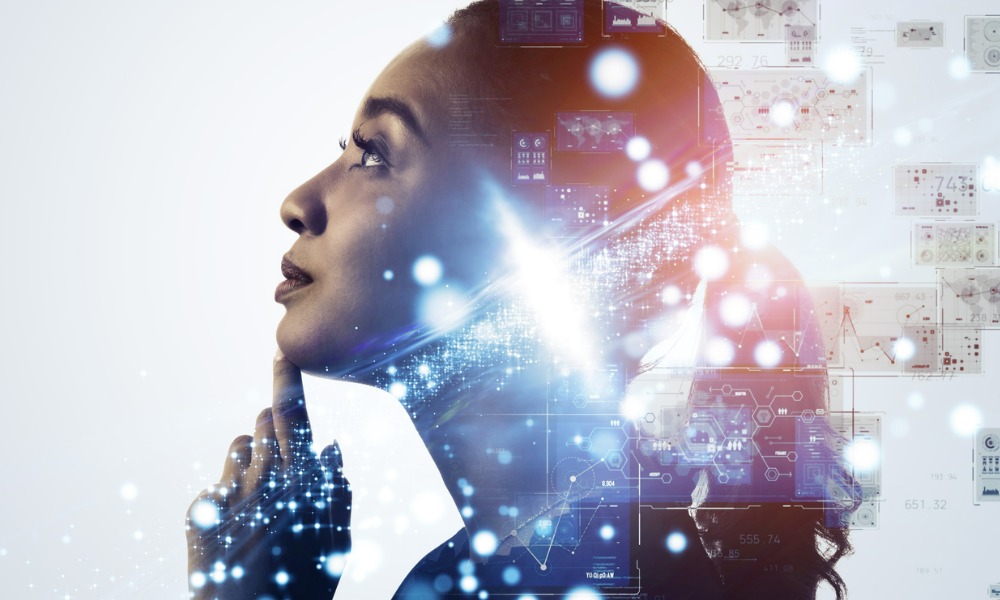
Challenges, opportunities and 'weirdness' of new tech to be explored at upcoming HRD HR Summit in Brisbane

Technology is playing an increasingly significant role in human resources. As organisations seek to streamline processes, enhance efficiency, and leverage data for improved decision making, artificial intelligence (AI) and emerging technologies have become indispensable tools.
However, the question arises: are HR departments prepared to fully embrace the true potential of these innovations?
“There are organisations in Australia that embrace it, but there’s definitely a lot of apprehensive HR departments,” Ollie Salisbury, head of talent acquisition & community at Mash, told HRD.
“I think that is often a byproduct of the environment the business has created, but the other reason is the general human trait that we’re all a little bit wary of the things we don’t understand.”
At the upcoming HRD HR Summit Brisbane 2023, Salisbury will shed light on the challenges and opportunities presented by AI and emerging technologies to HR departments. He will also showcase the technologies that are shaping the future of work and how HR can harness the.
For more details and to register, please follow this link.
Salisbury disputes the notion that the pace of technology is prohibitive for large organisations.
“That’s a well-used excuse. Big organisations should be embracing technology because the more data you have, the more powerful the models become, so big businesses really should be leading the way,” he said.
Additionally, the traditional perspective of AI as merely a tool for automating menial tasks should be challenged, according to Salisbury.
“Prompted in the right way and utilised with lots of data and the right inputs, AI can be a strategic tool. It can make suggestions on policy, growth strategy, and human capital strategy.”
Quick to emphasise the need for human oversight, he said, “I’m not saying hand the keys over and let it drive the whole thing; the technology is not perfect. But I think it’s really critical to not think of it as just a rewriting piece of software – something that can tweak a job description or just create some lists for us.”
Instead, he encourages people to “think of AI as another human brain.” Acknowledging that this concept may sound a little “weird”, he notes, “You have to embrace that weirdness and try to relinquish control. There is a lot more purpose and there’s a lot more capability when we think of it as almost another human brain rather than just a piece of software.”
While there may be trepidation from some pockets, there are many teams across Australia that are embracing technology, says Salisbury.
“They are trialling and testing and learning, and I think learning and experimentation are key — technology is not perfect but there’s potential to streamline processes, increase efficiency, and enhance accuracy.”
Open AI, ChatGPT’s owner, was valued at $80 billion earlier this week, Salisbury said, and “that was largely due to ChatGPT, so it’s not going to go away.”
Overall, it’s essential to assess your organisation’s engagement stages and determine where you can automate and improve, he says.
“Work out what you're trying to solve for and embrace that little bit of weirdness and you'll probably start to find some areas that you can that you can improve. But if it isn’t solving a problem for you, then don’t use it.”
Sainsbury’s talk at the summit will cover:
Find out more and register for the HRD HR Summit Brisbane 2023 here.